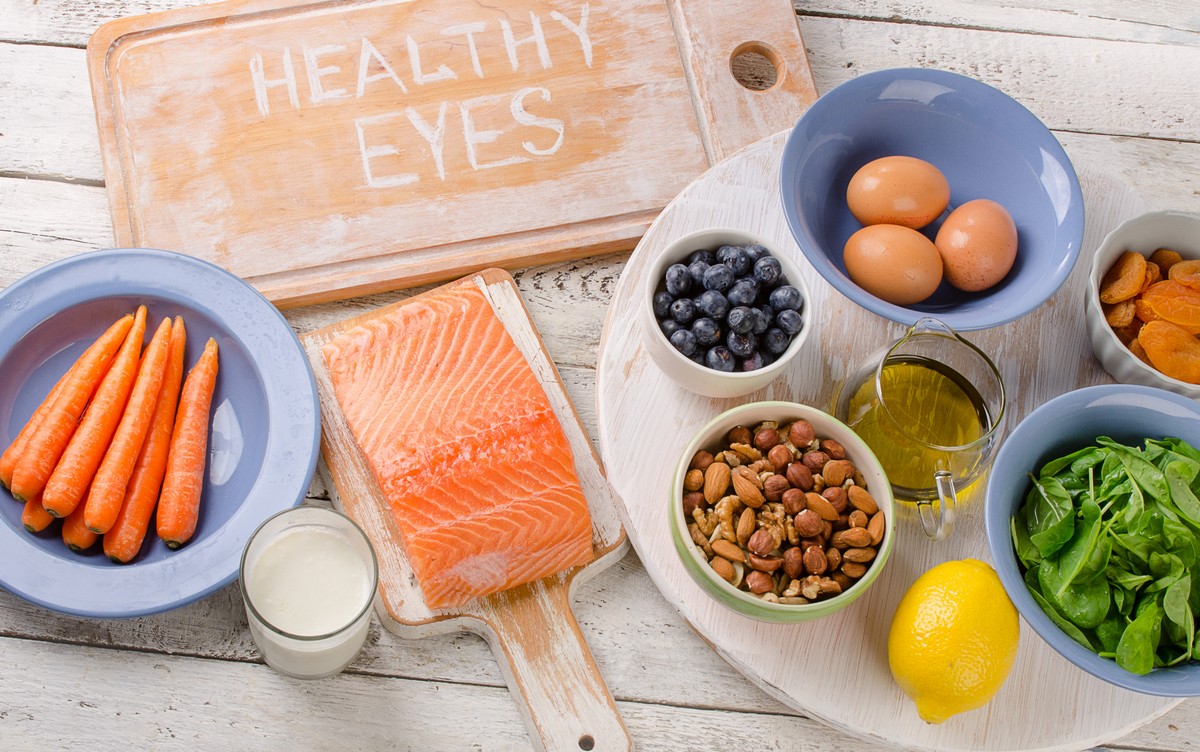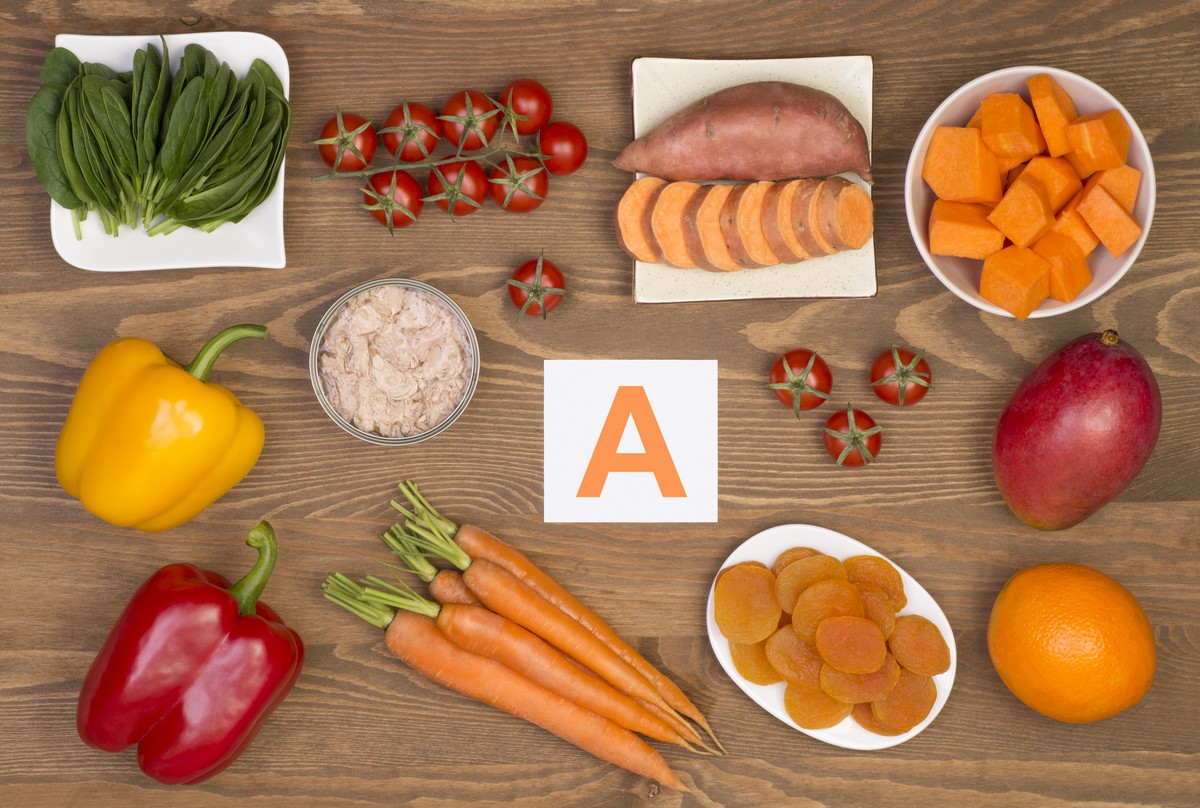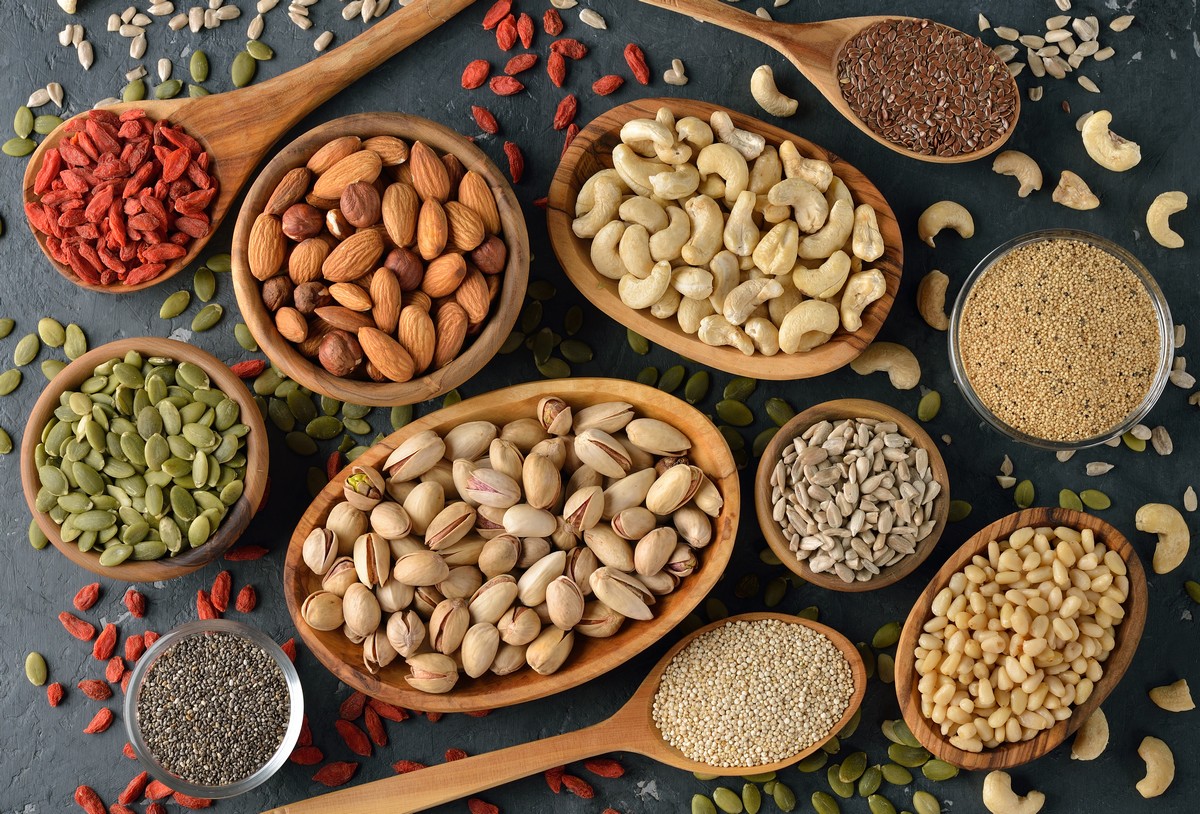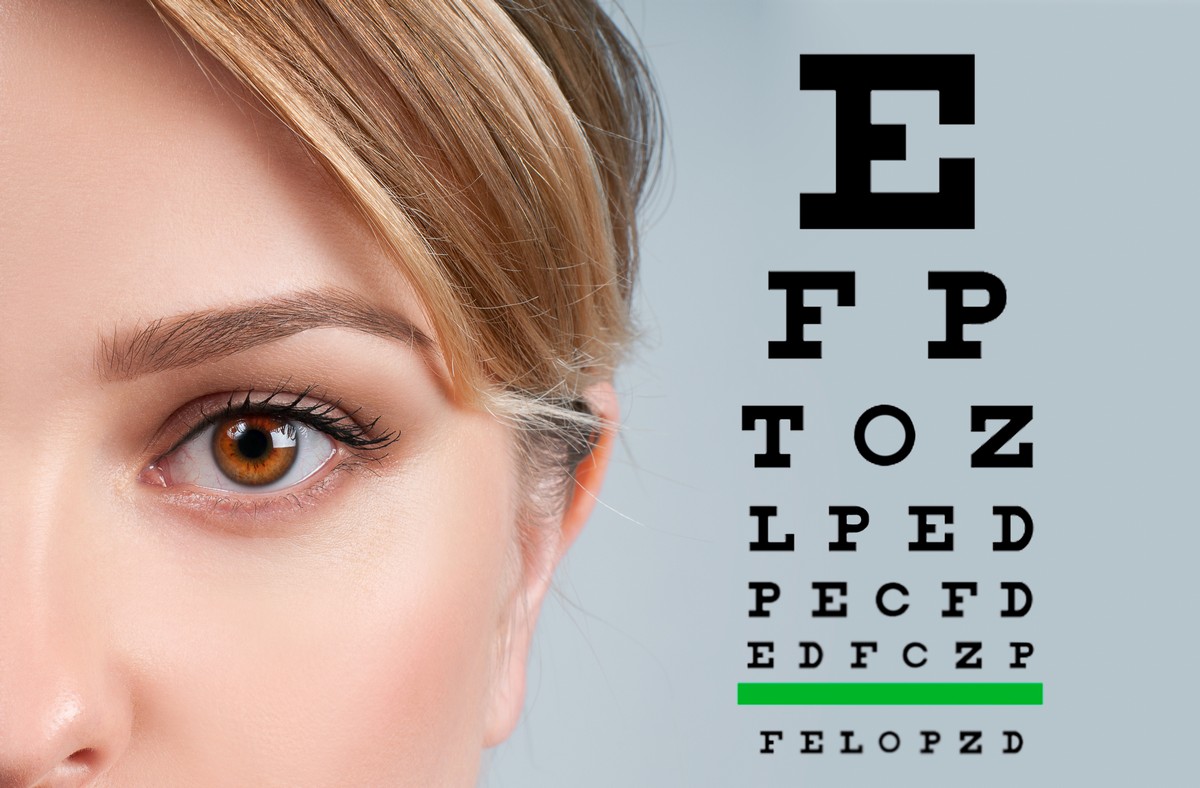Vision Nutrition: Top 5 Foods to Improve Your Eye Health

Your eyes are important. Eyesight ranks first when it comes down to the five senses people most value. People fear blindness as much as they do death. Much of a seeing person’s information comes from their sight. How we process the world comes primarily through sight. Our emotions attach to what we see. And, most of our natural gifts and talents depend on sight. That's why it's important when you're eating for general health to also eat foods for your vision nutrition.
In fact, sight influences diet. How food looks has an influence on the way it tastes. We eat or won't eat what we see based on our sight perception. So why not allow certain foods to be a focal point for improved eye health?
If you're looking to improve your eyesight, read on. Here's everything you need to know about the top five foods that support vision nutrition.
1. Vitamin A-Rich Foods Support Vision Nutrition
Blindness begins with vitamin A deficiency, especially in developing countries. Amongst preschoolers, Vitamin A deficiency is the primary cause of vision loss.
This fat-soluble vitamin fights age-related decline and preserves the eyesight. It's also essential for maintaining cells in the eye. People with this type of vitamin deficiency have trouble picking up light. This makes it hard for them to see at night.
A-rich foods like carrots, spinach, and dark leafy greens, grow packed with Provitamin A.

Of course, age determines the daily amount of A-rich foods you need to consume. It's recommended that adults and teens older than 14 years of age take in close to 900 micrograms a day. Smaller children and infants can get away with lower intakes.
Along with a proper diet, eating enough servings of Vitamin A-rich foods can also improve vision. This can be as simple as adding a vegetable or fruit to every meal. Or, you can eat a bowl of fortified cereal for breakfast.
Over-the-counter supplements also help with increasing vitamin A levels. But you should always consult with a professional before you go that route.
2. Red Peppers
The next time you're in the grocery store, head straight for the raw red bell peppers. These sweet beauties give you 190mg of vitamin C — more than the favored orange. What does vitamin C have to do with vision? Scientifically, a lot. This vitamin protects the eyes, preventing cataracts from forming.
Our eyes have their own lens which refracts the light rays that enter the eye, helping us see. These lenses should remain clear; almost invisible to the naked eye. When it becomes foggy or cloudy-looking, you have cataracts.
Cataracts cause blurred or double vision. Your eyes become sensitive to light and bright colors look dull. The antioxidants found in Vitamin C reduce the risk of developing cataracts.
Like red peppers, green peppers, cauliflower, and Brussel sprouts are also C-rich. Eating these veggies combats macular degeneration and changes in visual acuity. Both of these come with age.
3. Nuts and Seeds

A palm full of sunflower seeds or almonds can decelerate age-related macular degeneration. How? Vitamin E and Zinc. Like vitamin C, E is a potent antioxidant. It is commonly found in nuts and seeds.
Vitamin E acts as a shield for the cells in the eyes, protecting them from free radicals. Healthy tissue in the eyes breaks down when exposed to unstable free radicals. Consumed together with other healthy nutrients like vitamin C, vitamin E also fends off cataracts.
The zinc found in nuts acts like a vehicle for vitamin A. It transports vitamin A from the liver to the retina. This exchange produces a pigment called melanin that protects the eyes.
If you have nut allergies, look for other foods that contain vitamin E and zinc.
4. Fish
What does fish have to do with the eyes? Salmon, tuna, and trout actually have plenty to do with your eye health. These fatty fish contain high levels of omega-3 fatty acids, which the eyes need.
DHA and EPA are two types of omega-3 fatty acids that support the retinas in the eyes. Omega-3 defends against glaucoma - increased pressure in the eyeballs that leads to blindness. It reduces pressure in the eye, relieving the eyeballs of strain and stress.
Glaucoma can strike at any age but is more common in older adults. So adding fatty acids to your diet early can prevent future eye concerns.
If you don't like the flavor of fish, trying adding some lemon or lime. Both contain suitable levels of vitamin C, which together with omega-3, fights AMD.
5. Sweet Potatoes

Many people view carbs as the best part of their diet. They're even better when you understand their health benefits. Sweet potatoes, in particular, are one ingredient worth adding to your daily calorie count.
Sweet potatoes are rich in beta-carotene and vitamin A, both of which support night vision. Like vitamin A, beta-carotene protects the cornea - the surface of the eye. When the body is deficient of both, AMD attacks the eyes.
AMD is caused by the deterioration of the central portion of the retina. This layer of the eye records and sends visuals through the eye's optic nerve to the brain. When AMD occurs, the eye loses its ability to focus, making it hard to do things like reading and driving.
The great benefit of beta-carotene is that it converts into vitamin A in the body. This makes sweet potatoes twice as potent for the eyes. Both are the eyes’ defense against AMD.
This sweet root vegetable is also high in vitamin C and comes with a touch of vitamin E.
Improve Your Eye Health

Many modern solutions for correcting your vision can cost a bundle, even with insurance. But you can eliminate some of that cost with vision nutrition.
Protect your eyes and your vision. Eat foods that prevent eye-related illnesses.
At LensPure, we're committed to providing you with a great visual experience. Check out the latest in the name-brand contact lenses we carry.